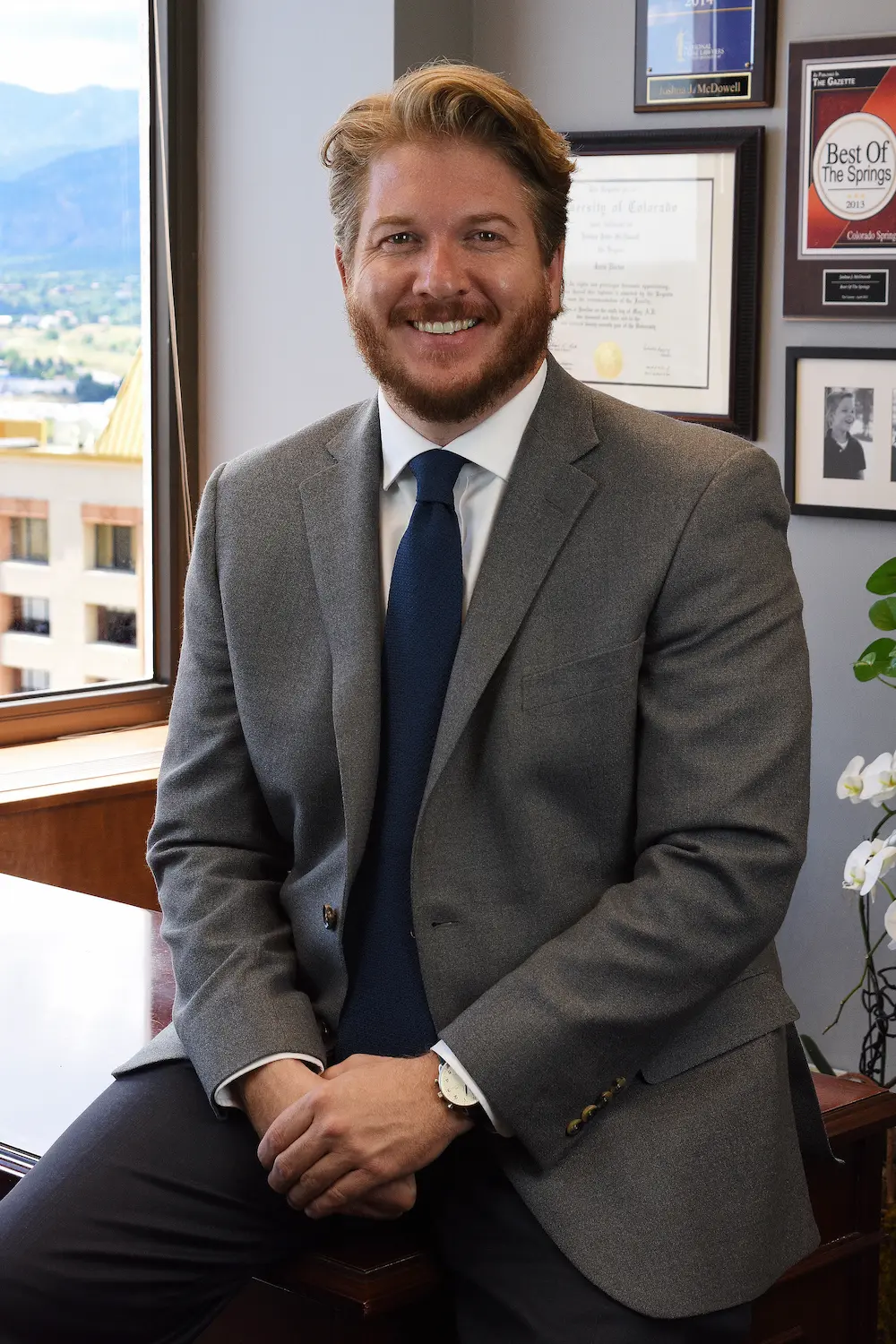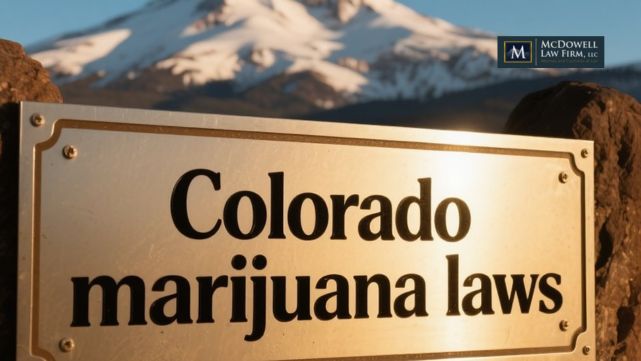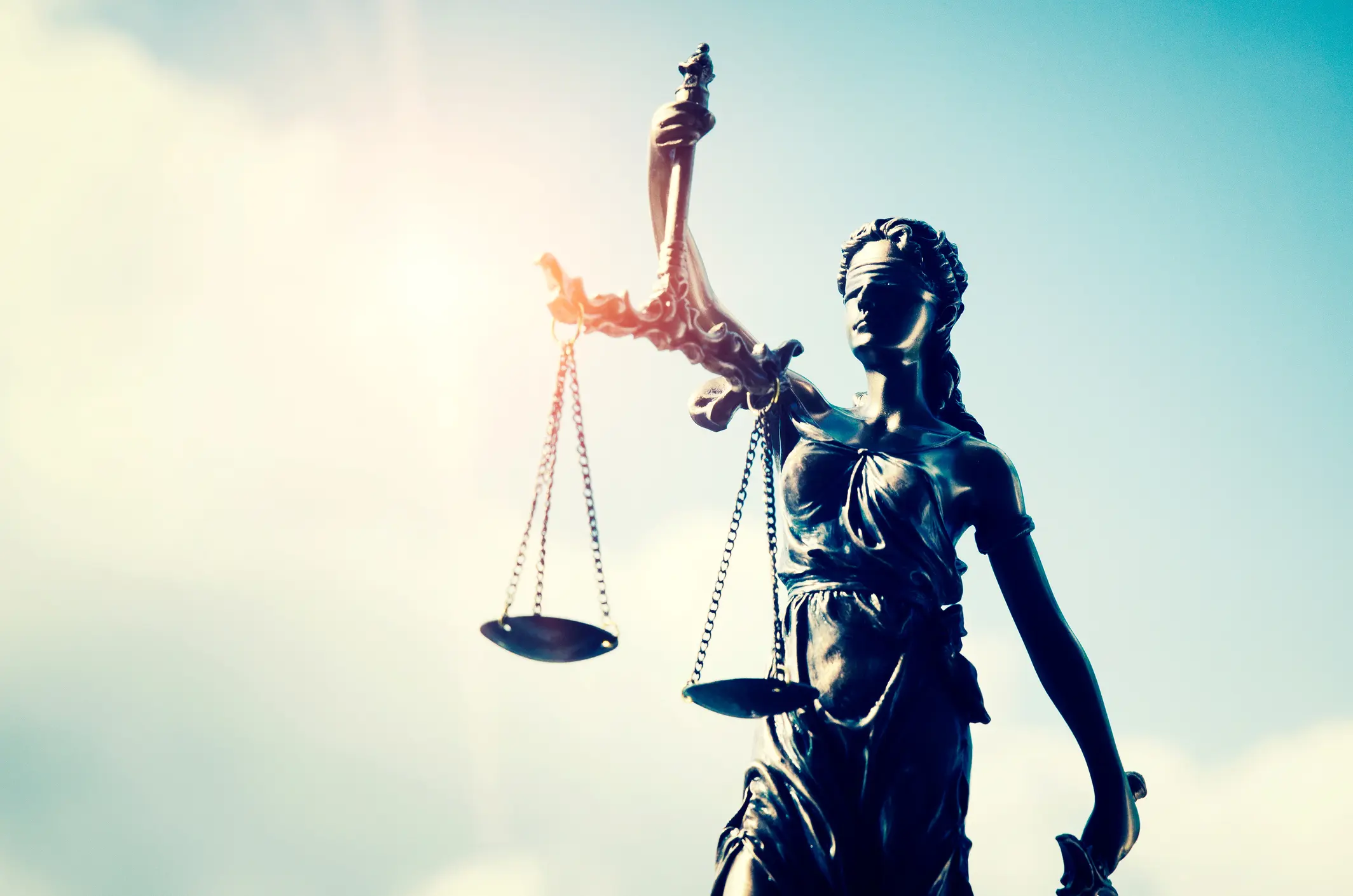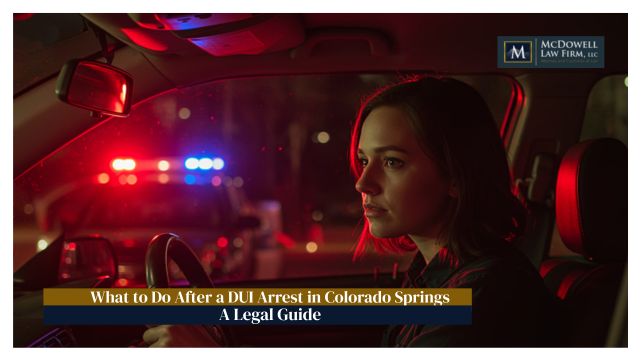If you’re confused about marijuana laws in Colorado Springs, you’re not alone. As an attorney practicing in El Paso County for over two decades, I regularly counsel clients about marijuana laws and charges in Colorado Springs.
Many people think that because marijuana is now “legal” in Colorado, that there are no laws regarding the possession or consumption of weed. Obviously, there are still many laws in place about marijuana, use, possession and sales, and not following the local and or state laws can land you criminal charges.
The Colorado Springs Marijuana Paradox
Ballot Question 300 authorized retail marijuana businesses to operate within the City limits beginning in April 2025. However, the ordinance prohibits facilities from selling recreational cannabis within one mile of K-12 schools, residential and child-care, or drug or alcohol treatment facilities.
No medical marijuana shops would be able to sell recreational products at their current locations under this ordinance. This means that while recreational marijuana sales are now technically allowed in Colorado Springs, the restrictive zoning makes it nearly impossible for retail stores to open.
For years, the City of Colorado Springs opted out of the sale of recreational marijuana within its jurisdiction. Medical marijuana, however, is allowed to be produced and sold to registered medical marijuana patients through licensed medical dispensaries.
This created a confusing dual system where marijuana possession was legal under state law, but you couldn’t legally purchase recreational marijuana anywhere within city limits.
What’s Legal in Colorado Springs vs. What’s Legal in Colorado
Understanding the difference between state law and local ordinances is crucial to avoiding criminal charges in El Paso County.
State Law: What Colorado Allows
Under Colorado state law, adults over the age of 21 can buy and possess up to 1 ounce of cannabis at a time. Adults over 21 can give up to 2 ounces of marijuana to another adult.
The law makes no distinction between residents of Colorado versus tourists who are visiting, in terms of the possession, purchase, or consumption of marijuana in Colorado.
This means tourists visiting Colorado from states where marijuana is illegal can legally possess marijuana in Colorado—as long as they follow state and local rules.
- Possession of more than 2 ounces but less than 6 ounces of marijuana or more than 3 ounces but less than 12 ounces of marijuana concentrate is a misdemeanor, punishable by a fine of up to $700.
- Possession of more than 6 ounces of marijuana or more than 12 ounces of marijuana concentrate is a level 4 drug felony, potentially resulting in 6 months to 2 years in prison and/or a fine of $1,000 to $100,000.
Colorado Springs Municipal Code: The Local Twist
Colorado Springs municipal code adds restrictions that go beyond state law. It is unlawful for any person to possess or openly and publicly display more than one ounce but not more than twelve (12) ounces of marijuana. While this aligns with state possession limits, the city enforces these rules strictly within city limits.
More importantly, until recently, you couldn’t buy recreational marijuana anywhere in Colorado Springs. This meant residents had to drive to Manitou Springs, Pueblo, or Denver to make legal purchases, then transport the marijuana back into Colorado Springs—a practice that created legal gray areas many people didn’t understand.
The Retail Marijuana Battle: What Changed in 2024-2025
Colorado Springs has fought a years-long political battle over retail marijuana sales. The conflict came to a head in the November 2024 election when voters faced competing ballot measures about marijuana sales in the city.
The restrictive approach continued even after voters narrowly approved sales. The cultivation and testing facilities for retail marijuana have to be 1,000 feet away from schools, treatment facilities and any “public or private daycare facility” under the proposed ordinance. The setback is slightly more restrictive than the city’s rules for medical marijuana establishments.
These strict zoning requirements effectively prevent most retail marijuana businesses from opening, even though they’re technically “legal” in Colorado Springs. When you map out all the restricted zones—schools, daycares, treatment centers, and residential areas—there’s virtually nowhere left in the city where a retail marijuana store could legally operate.
Common Marijuana Charges I Defend in Colorado Springs
Despite Colorado’s legalization, I regularly defend marijuana-related charges in El Paso County District Court and Colorado Springs Municipal Court. Here are the most common scenarios:
1. Public Consumption Violations
Public marijuana consumption remains illegal throughout Colorado, including Colorado Springs. Colorado Springs police actively enforce these violations, especially in tourist areas. Be mindful and don’t light up in Garden of the Gods, Downtown, Manitou Springs or other public places.
The penalty for public consumption in Colorado Springs can include fines up to several hundred dollars and a criminal record that could affect employment and housing.
2. Possession Over Legal Limits
While possessing up to one ounce is legal, possessing more than one ounce but less than two ounces is a petty offense in Colorado Springs. Possessing between two ounces and six ounces is a misdemeanor, and anything over six ounces can be charged as a felony.
3. DUI and Marijuana
Colorado Springs police have increased DUI enforcement for marijuana impairment. Unlike alcohol, there’s no clear legal limit for THC in your blood—prosecutors can argue any amount combined with impaired driving is sufficient for conviction.
The Colorado State Patrol and Colorado Springs Police Department use Drug Recognition Experts (DREs) to evaluate suspected marijuana-impaired drivers. These evaluations are often subjective and can be successfully challenged by experienced defense attorneys familiar with El Paso County court procedures.
Colorado does have a legal limit for marijuana in your system. If you have 5 nanograms of active THC in your system, you are presumptively under the influence.
Blood tests will also test for inactive THC metabolites, like 11-Nor-9-carboxy-Δ9-tetrahydrocannabinol (sometimes called “carboxy”) can stay in your systems for weeks after use. It is not active and does not have psychoactive effects.
4. Sales Without a License
Selling marijuana without a license remains illegal everywhere in Colorado, including Colorado Springs. This includes selling to friends, even small amounts. I’ve defended numerous cases of marijuana(and other drugs) distribution under Colorado law. In El Paso County, unlicensed marijuana sales will be prosecuted.
Special Considerations for Colorado Springs’ Military Community
Colorado Springs hosts Fort Carson, the Air Force Academy, Schriever Space Force Base, and Peterson Space Force Base. Military personnel face unique challenges with marijuana laws because marijuana remains illegal under federal law and the Uniform Code of Military Justice (UCMJ).
Even though recreational marijuana is legal under Colorado state law, service members can face:
- Court-martial proceedings for marijuana use or possession
- Administrative separation from military service
- Loss of security clearances
- Dishonorable discharge affecting future employment and VA benefits
I regularly counsel military personnel who face both civilian criminal charges in El Paso County and military disciplinary actions. The interplay between Colorado law, federal law, and military regulations creates complex legal issues requiring attorneys experienced with both systems.
I recently represented a young man who was a dependent of an active-duty service member who lived on a military installation. Although the small amount of marijuana he had on him was legal in Colorado, it was not legal to have it as he drove onto base.
Employment and Housing: The Hidden Consequences
The City of Colorado Springs’ current policies concerning the use of drugs or alcohol have not been altered by Amendment 64 as it was not intended to require employers to permit marijuana use and it specifically states: “Nothing in this section is intended to require an employer to permit or accommodate the use, consumption, possession, transfer, display, transportation, sale or growing of marijuana in the workplace or to affect the ability of employers to have policies.”
This means Colorado Springs employers can:
- Refuse to hire marijuana users, even for off-duty use
- Fire employees who test positive for marijuana
- Maintain zero-tolerance drug policies
Many Colorado Springs residents work for companies with federal contracts or in industries with strict drug testing requirements. A marijuana conviction can trigger employment consequences beyond the criminal penalties.
Practical Advice for Colorado Springs Residents and Visitors
Where You Can and Cannot Buy
As of late 2024 and early 2025, the City of Colorado Springs has a cap on licensed marijuana business locations. New Retail Marijuana license types can be added to only to existing licensed medical marijuana locations. This means very few, if any, retail marijuana stores will open in Colorado Springs in the near future.
For legal purchases, residents typically travel to:
- Manitou Springs (just west of Colorado Springs)
- Pueblo (45 minutes south)
- Denver metro area (60+ minutes north)
Transportation Rules
Transporting marijuana from other cities back to Colorado Springs is legal as long as you:
- Keep it in the original sealed container
- Store it in the trunk or locked glove compartment
- Don’t consume while driving
- Stay within the one-ounce possession limit
Consumption Rules
Never consume marijuana in public anywhere in Colorado Springs, including:
- Parks and trails (Garden of the Gods, Palmer Park, Memorial Park)
- Downtown streets and sidewalks
- Patios and outdoor seating at restaurants
- Parking lots or vehicles
- Hotel common areas or visible to the public
Understanding Federal vs. State vs. Local Law
The marijuana legal landscape in Colorado Springs involves three overlapping jurisdictions:
- Federal Law: Marijuana remains a Schedule I controlled substance. Federal charges are rare for simple possession but can occur on federal property (military bases, national parks, federal buildings).
- Colorado State Law: Recreational marijuana is legal for adults 21+ within specific limits.
- Colorado Springs Municipal Law: The city regulates where marijuana can be sold, consumed, and grown within city limits. These local ordinances are often more restrictive than state law.
Why You Need a Colorado Springs Attorney for Marijuana Charges
Marijuana laws in Colorado Springs require attorneys who understand the intersection of state law, local ordinances, and federal regulations. What works as a defense in Denver might fail in El Paso County courts, where prosecutors and judges take a more conservative approach to marijuana cases.
Having handled marijuana cases in Colorado Springs for over two decades, I understand how local law enforcement investigates these cases and how prosecutors present them. This local knowledge is invaluable for negotiating favorable outcomes and protecting your record.
The Future of Marijuana Laws in Colorado Springs
The legal landscape continues evolving. While Colorado Springs voters narrowly approved retail sales in 2024, the restrictive zoning requirements mean actual stores may materialize slowly. Meanwhile, law enforcement continues actively prosecuting marijuana violations, especially public consumption and sales without licenses.
If you’re facing marijuana charges in Colorado Springs or anywhere in El Paso County, don’t assume that Colorado’s legalization protects you. Local laws create complex legal issues that require experienced criminal defense representation.
The information in this article is for educational purposes only and does not constitute legal advice. Marijuana laws continue evolving, and individual cases require analysis by a qualified Colorado attorney familiar with current Colorado Springs ordinances.





